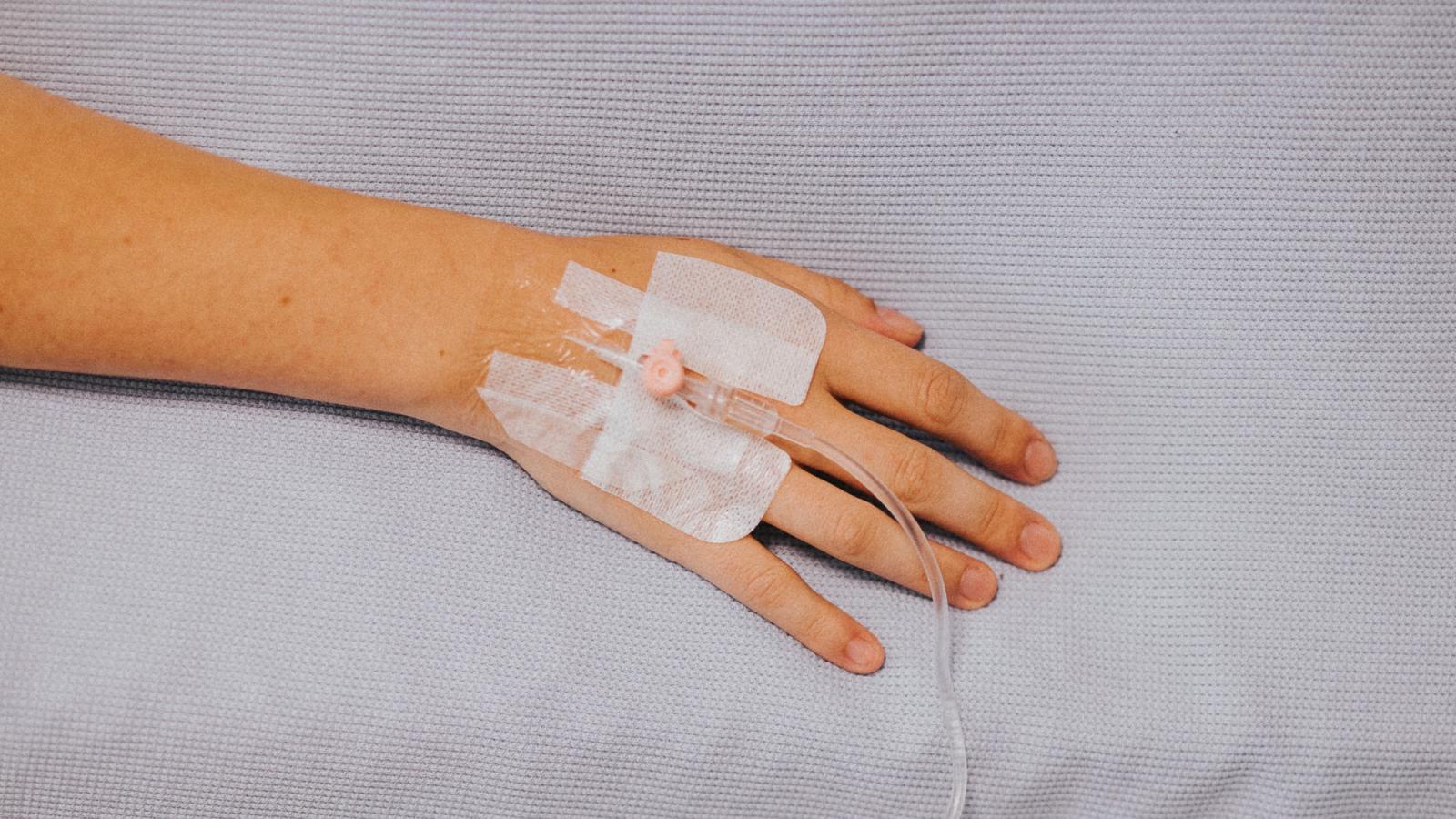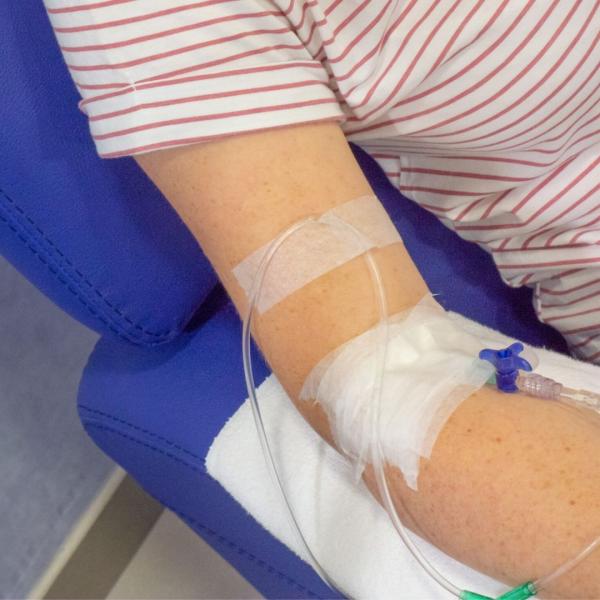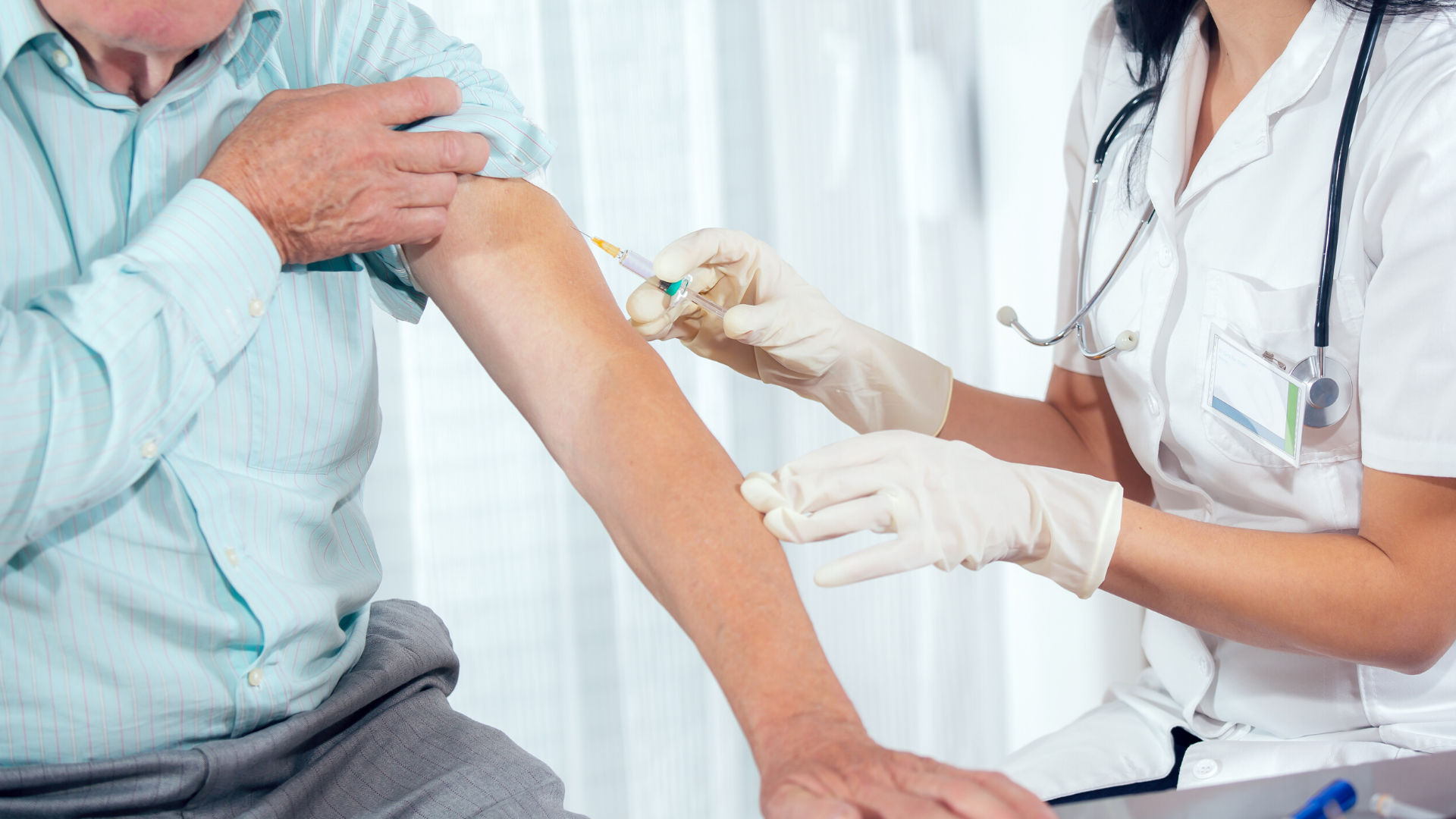Targeted therapies for breast cancer

What are targeted therapies?
Targeted therapies are drugs that target certain parts of the cancer cells that make them different from other cells.
When are targeted therapies used?
For cancer that has certain receptors on its cells that the drugs can target. For example, HER2-positive breast cancer. The targeted drugs block the receptors on the cells, so that HER2 proteins can’t attach to the cells and help them to grow. The drugs also help the immune system to target and kill the cancer cells.
For some types of metastatic breast cancer.
You may also be given a targeted therapy as part of a clinical trial. You can ask your doctor if there are any trials that are suitable for you.
Monoclonal antibodies are one of the targeted agents commonly used for breast cancer. For example, trastuzumab and pertuzumab. These drugs are only used for HER2 positive breast cancer.

How are targeted therapies given?
You may have targeted therapy before or after surgery, or both. The drugs can be given through a vein, as an injection into the tummy fat or as a tablet that you take by mouth.
You may have a combination of different drugs. For example, you may have a targeted therapy drug and chemotherapy.
Side-effects of targeted therapies
Side-effects depend on the drugs being used and vary from person to person. Side-effects include:
- Higher risk of getting an infection
- Vision changes (blurred vision, double vision, flashing lights)
- Diarrhoea or constipation
- Loss of appetite
- Feeling sick (nausea)
- Feeling very tired (fatigue)
- Heart problems, for example, changes to your blood pressure or heart rhythm, or your heart muscle not working properly.
Your doctor and nurse will explain your treatment in more detail and tell you about any likely side-effects. Always tell your doctor or nurse if you don’t feel well or if any symptoms are troubling you.
For more information on targeted therapies and their side-effects, call our Support Line on 1800 200 700 or visit a Daffodil Centre. Read more about coping with side-effects.
For more information
Phone
1800 200 700



